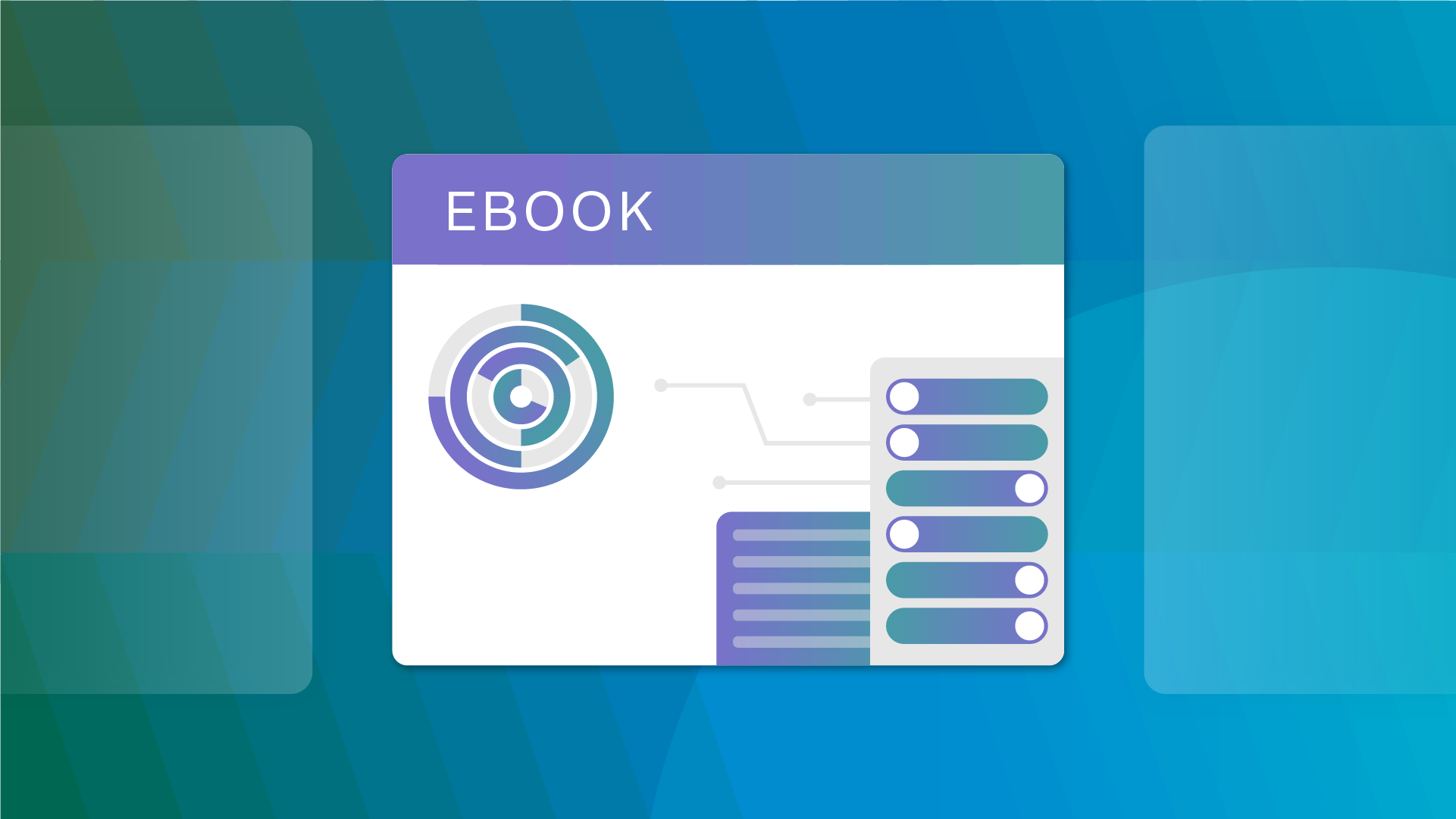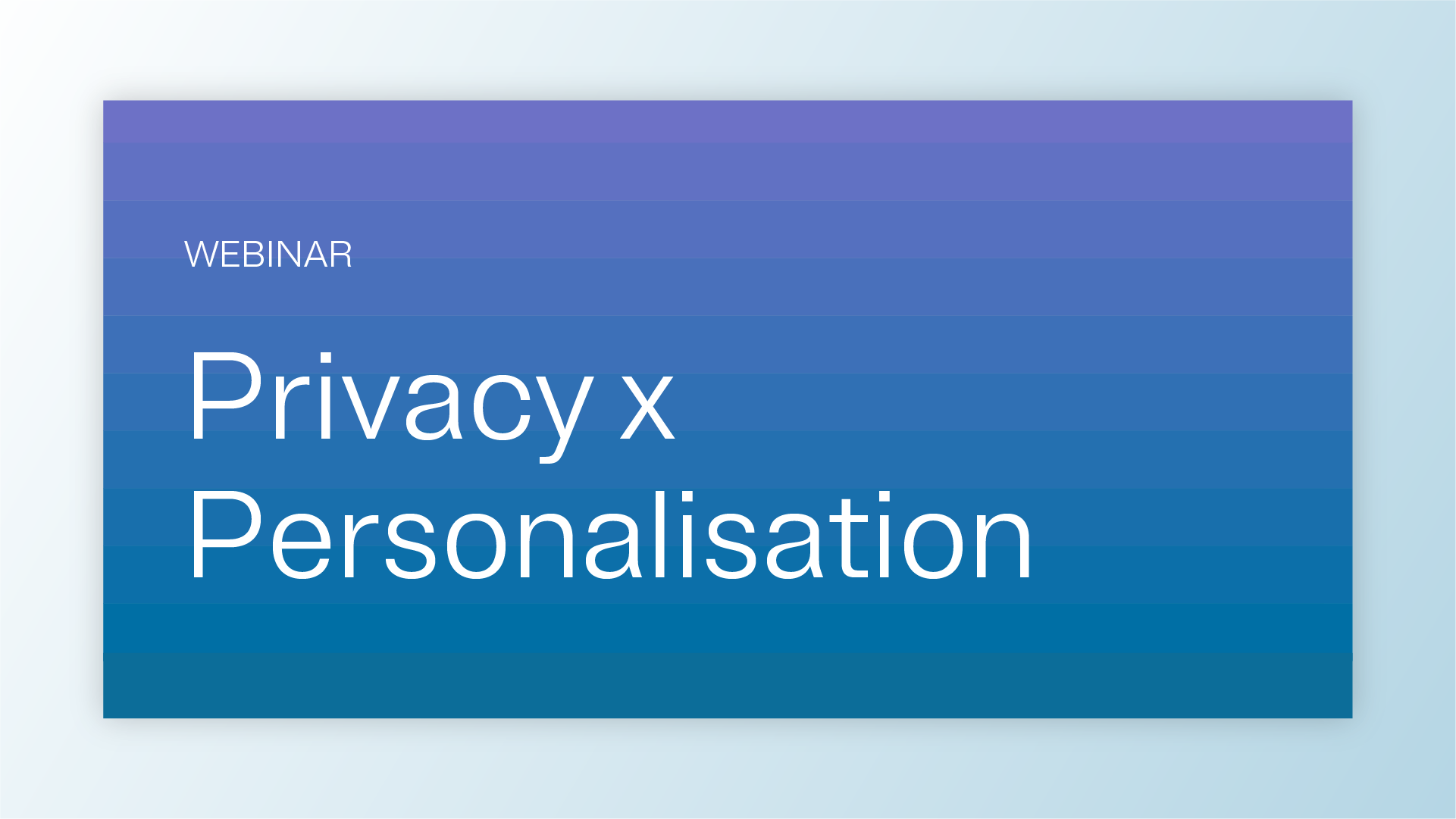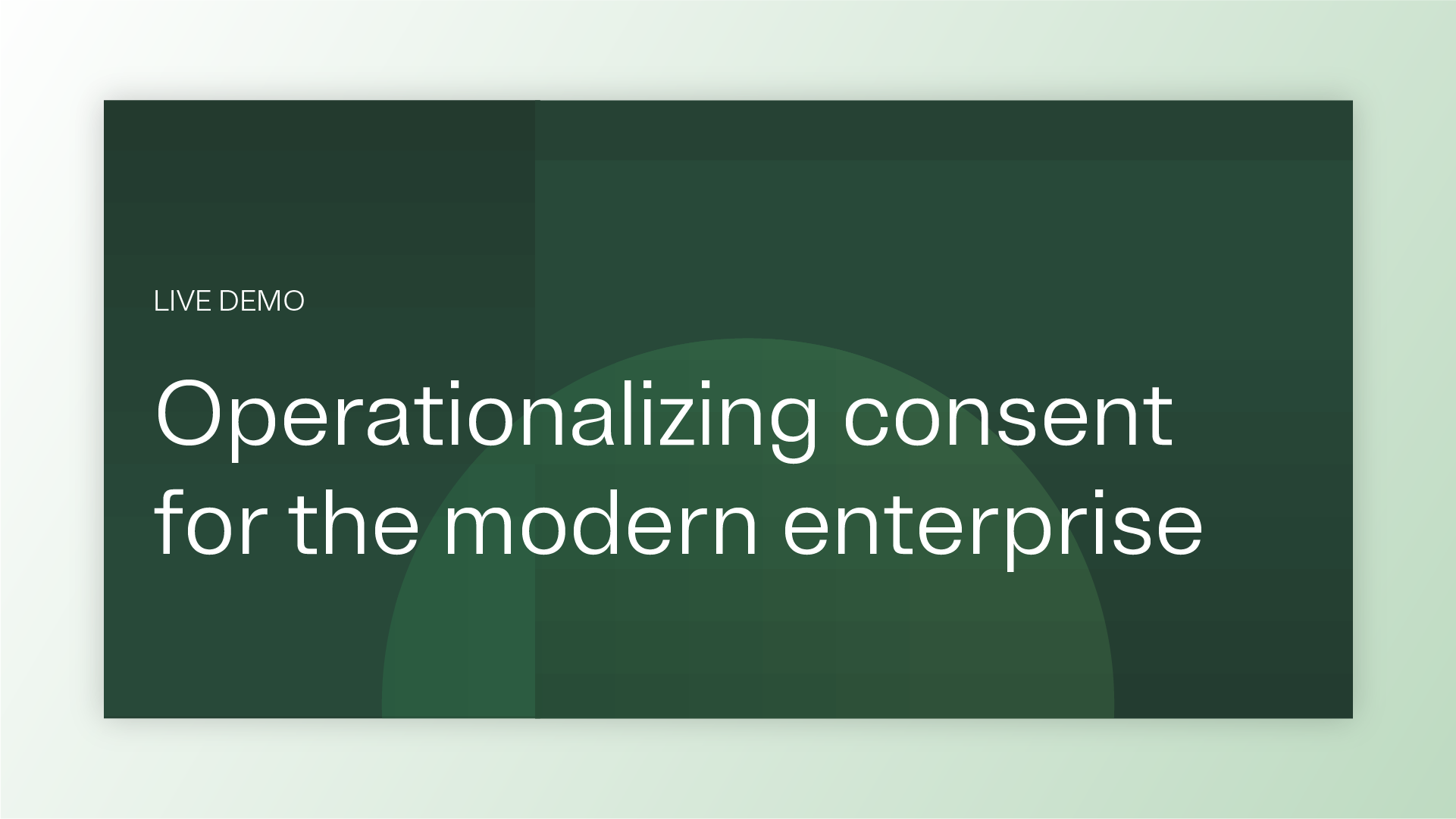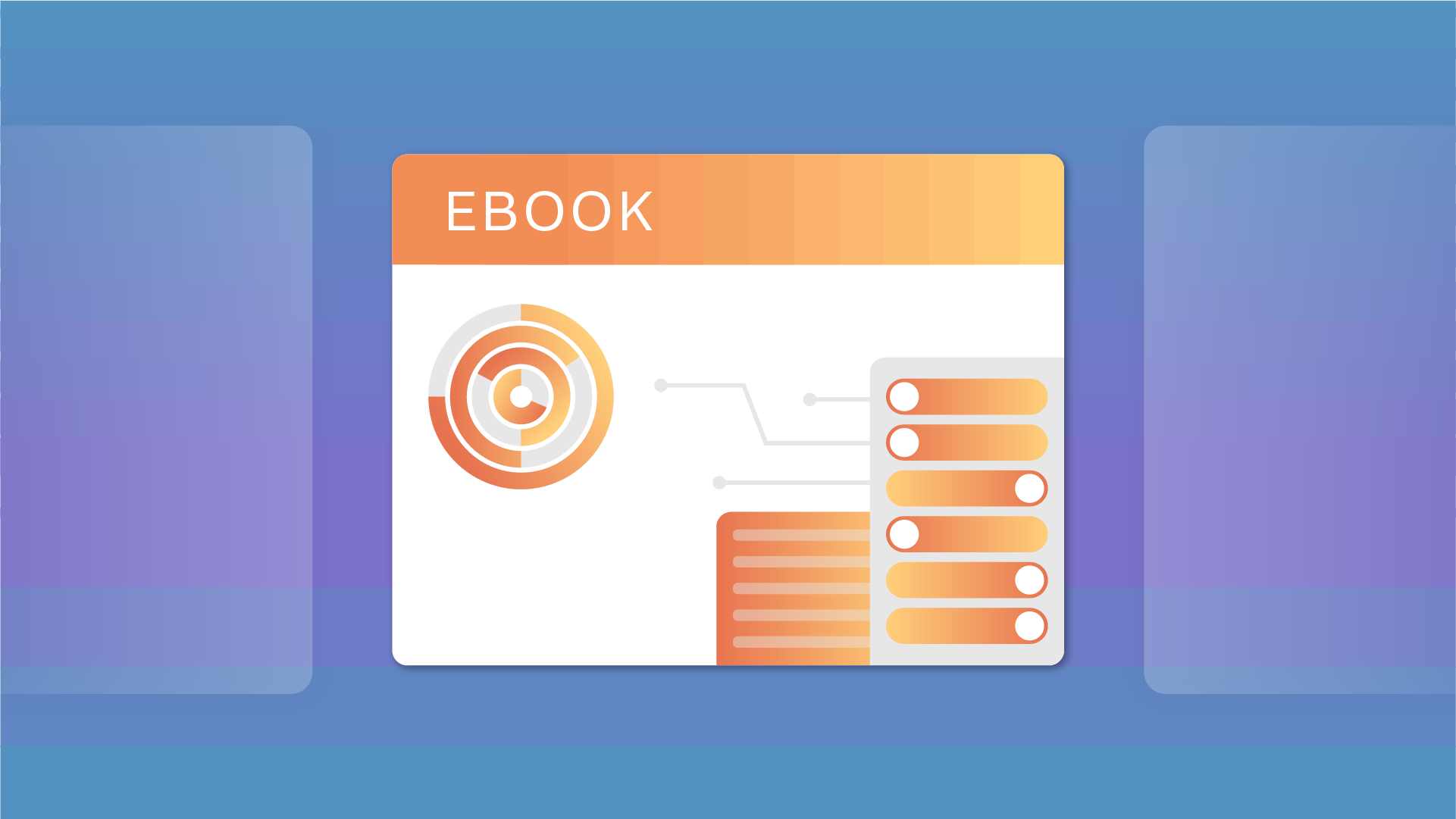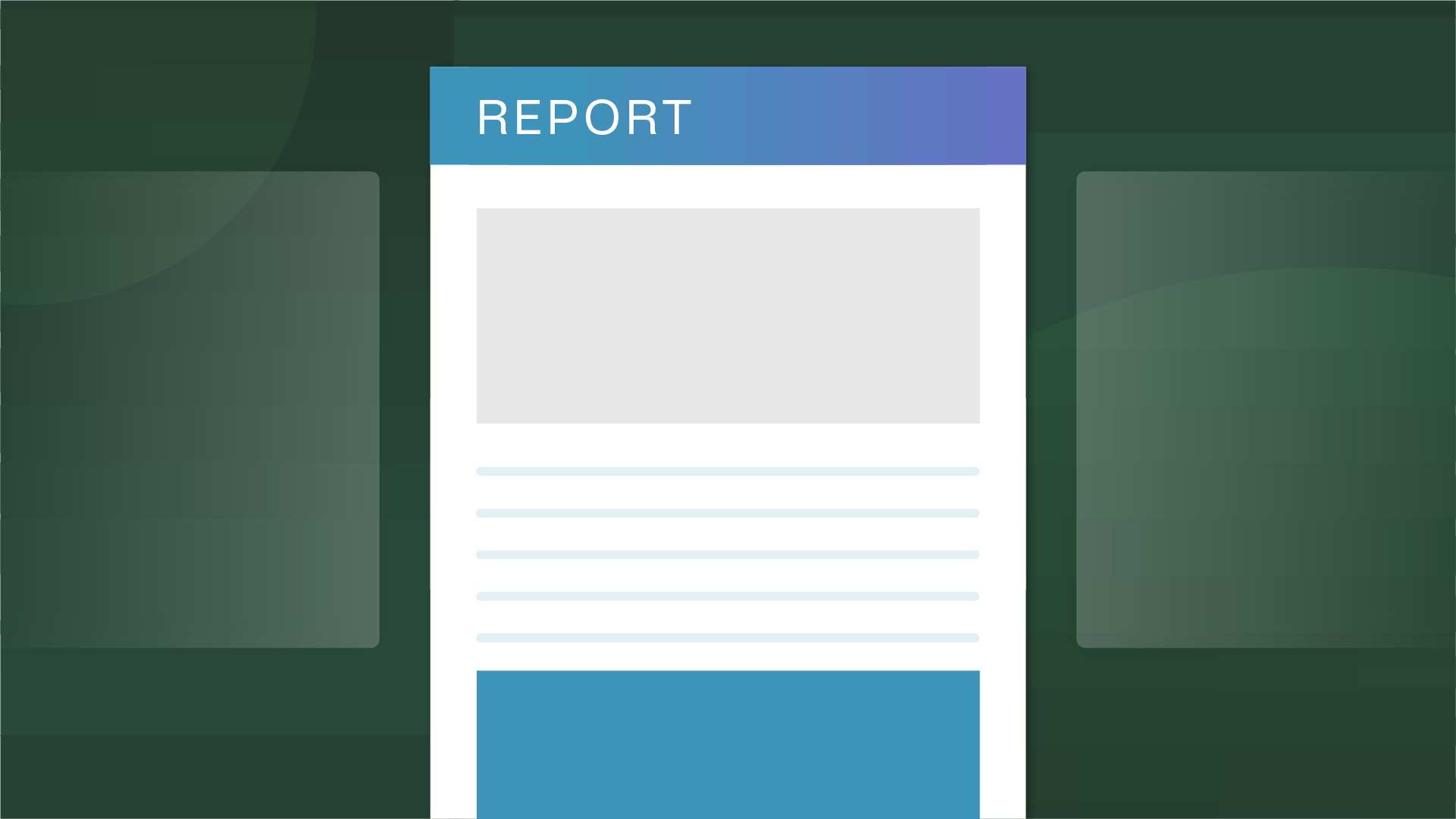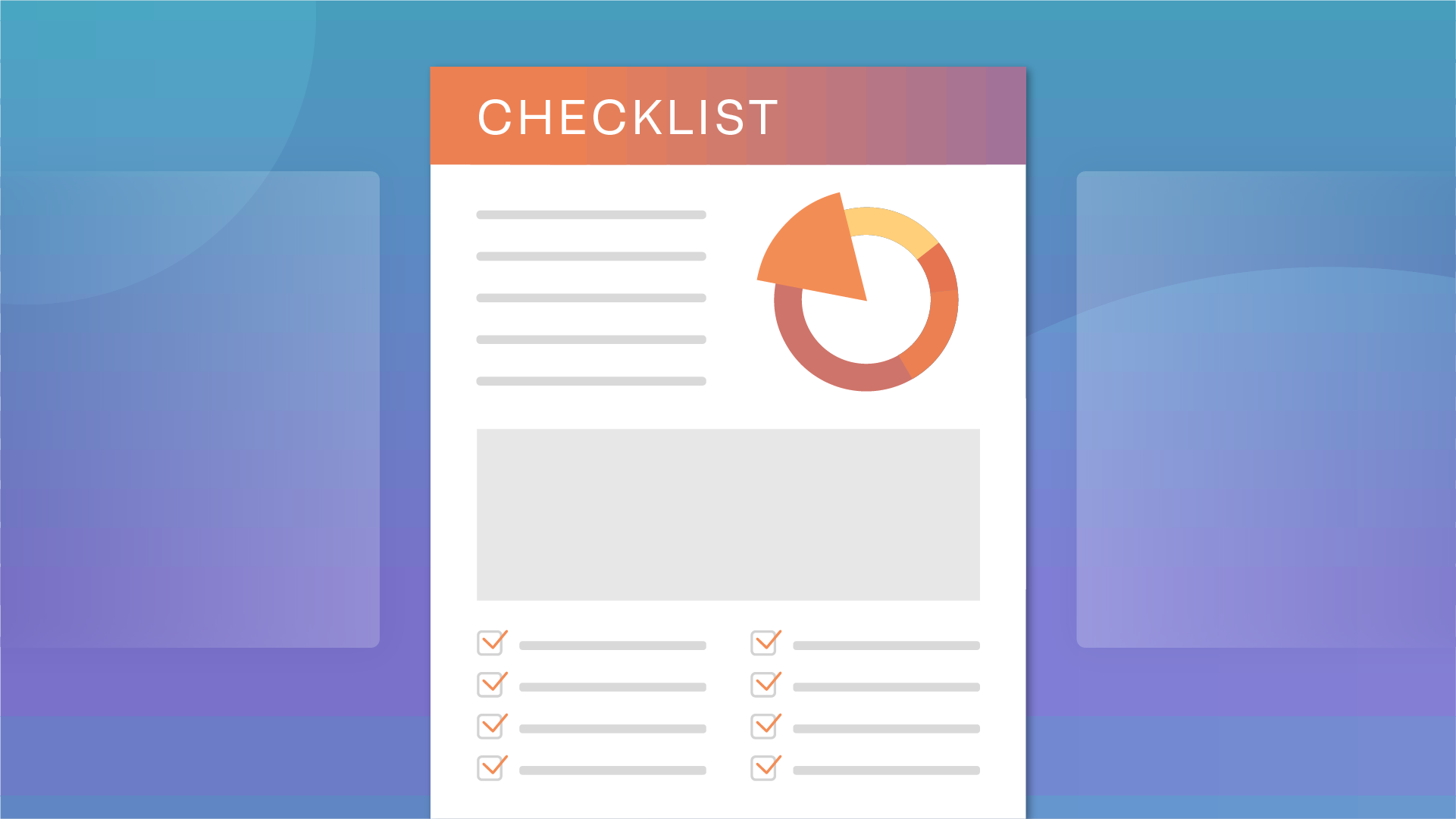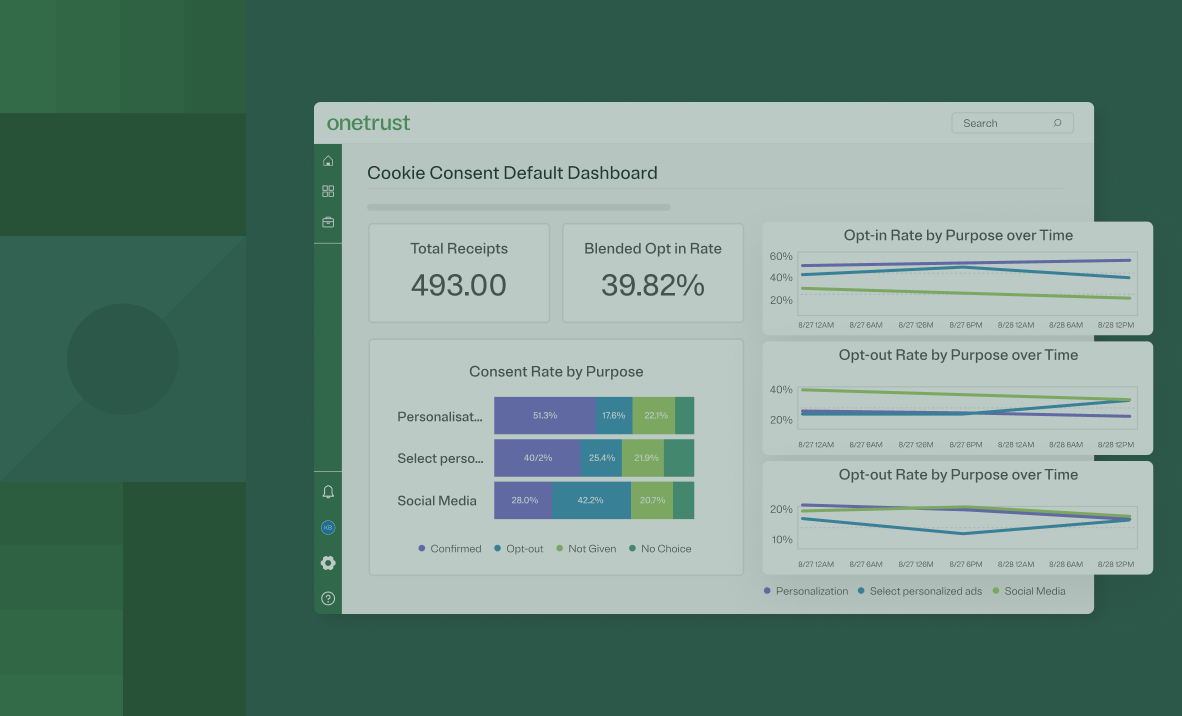What’s new with Google Ads?
On May 16, 2023, Google announced changes to their ad network, with new stipulations that any business running ads on their network in the European Economic Area and/or the UK will be required to have a consent signal from a consent management platform (CMP) in place.
In addition to this, Google will require that the CMP being used is certified by Google.
Why has Google introduced this requirement?
This comes on the back of the latest version (v2.2) of IAB Europe’s Transparency and Control Framework (TCF) which standardizes more stringent consent requirements for businesses. The updates in IAB TCF 2.2 include the following:
- “Legitimate interest” is no longer accepted as a valid legal basis of consent regarding any form of personalization (ads, content, profiles)
- Third-party vendors will have standardized data retention periods
- Users must have easy access to the CMP in place if they wish to withdraw or modify their consent and preferences
By introducing a certified CMP requirement for businesses that utilize Google Ads, Google is ensuring that all businesses on their platform maintain compliance with IAB TCF and provide users with privacy-first personalized experiences.
What does this mean for businesses?
Businesses currently using Google search, display, or any other ads to target audiences in Europe that run on the Google network need to ensure that they have a certified consent solution in place.
In the meantime, your business should take a look at how a consent management solution would fit into your current tech stack, and how consent data can help power other marketing initiatives. This new requirement can be the impetus for your business to take full advantage of the benefits of a consent management solution which include:
- Identifying all the cookies and tracking technologies present across your website
- Giving your customers the transparency and control they deserve over their data, regarding targeted advertising or profiling
- Maintaining compliance with all applicable privacy regulations to your business
As this program by Google is implemented later in 2023, OneTrust is currently a Google-certified consent management platform. This applies to the following products:
- Google AdSense
- Google AdMob
- Google Ad Manager
How can OneTrust help?
OneTrust Consent & Preferences ensures that your organization balances privacy and personalization. Not only will introducing OneTrust into your tech stack ensure that you’re meeting Google’s new ad network requirements, but it’ll also make compliance with privacy laws a stress-free process. With detailed consent records stored in a centralized database, your business will have audit-ready reports to share when demonstrating compliance. In addition to this, OneTrust allows you to configure your consent experience with custom branding, location-specific templates, and A/B testing for you to zero in on the best possible user experience.
You also have the option to extend consent across all your digital touchpoints, including mobile apps, and even connected TVs (CTV). OneTrust further allows you to introduce information collection touchpoints across your user’s digital experiences, helping you build a profile of their preference data that can help you deliver value-added personalized content while always keeping privacy as a priority.
To learn more about how OneTrust Consent & Preferences can help your organization’s marketing and privacy compliance efforts, join our webinar with Google on June 20 – where we discuss these latest requirements in detail and how your business can take the required next steps.




